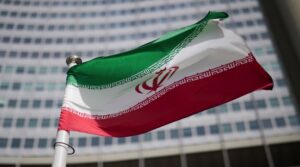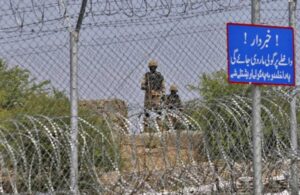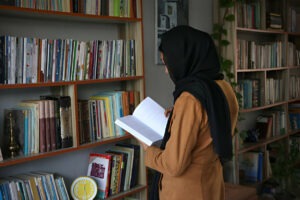KABUL (SW) – Abdullah, a 30-year-old resident of Ghazni province migrated to Australia about four years ago due to discrimination he felt at the Kabul University.
Abdullah said in conversation with Salam Watandar that he endured many hardships, worked hard day and night and faced the unimaginable for nearly three years to regain his former economic position. “I worked very hard in the beginning and did hard work. I was in a state of cultural shock because I was new here (in Australia) and it took me a while to find a good job. But, I miss my family, relatives and friends very much, anyways I am satisfied with my life right now”, he said.
Abdullah said the systematic discrimination within the government and among the country’s citizens led him to decide to migrate in the first place.
He said he was optimistic in his early youth and blamed those who talked about migration; but four years at the KU changed his mind. Abdullah said he has witnessed the rise of extremism, fanaticism and systematic discrimination at the Kabul University, which should instead be a place for positive change. He said that in the fourth year, he was even afraid to sit with his sister in the courtyard of the university.
According to Abdullah, an incident at Kabul University caused him to become frustrated and decide to leave the country.
Last year at university, as Abdullah was about to graduate, clashes broke out between Shiite and Sunni students in the dormitory. The dispute was over the use of the dormitory mosque to hold the Ashura ceremony. Two issues after the conflict were shocking for Abdullah.
First, some students through the loudspeaker of the dormitory mosque ordered the excommunication of all Shiite and Hazara students, regardless of whether they participated in the conflict or not, and even ‘ordered their killing’. Second, he say even his close friends came up to the roof of the dormitory with stones and sticks and one even with a gun trying to carry out that ‘sentence’.
“I was in my last year of the university when an incident took place in the dormitory mosque of Kabul University. There was a clash between Shiites and Sunnis over the issue of Ashura. This made me completely lose hope because a small issue caused young people to get involved and even separate from close friends”, he said.
After watching these scenes, Abdullah obtained a family visa and migration directly to Australia.
He is now satisfied with his life and hopes that the situation in Afghanistan will improve soon so that all Afghan refugees can return to the country.
Syed Abdul Basit Ansari, adviser and spokesman for the Ministry of Refugees and Repatriations, told Salam Watandar that 6.5 million Afghans are migrants in various countries, of which 500,000 to 600,000 are migrants in European countries.
Sayed Shir Hussain Hunaryar, coordinator at the Migration Information Center, said in this regard that the agency educates people about the dangers of irregular migration and the benefits of regular migration. According to him, citizens who want to get information about migration can come to the office in person or contact them through the center’s online networks.
He added that the agency has activated the toll-free number 5588 and citizens can call from all over Afghanistan for information and advice.
According to the European Union, 55,000 Afghans applied for asylum in Europe in 2018, but in 2019, that number dropped to 33,000.
ENDS






